Foundry on CrossFi
 Ronex
Ronex
Why Foundry?
Developing on CrossFi requires a robust and efficient toolset, and Foundry is one of the best frameworks for smart contract development. Foundry offers a fast, developer-friendly environment for writing, testing, and deploying smart contracts on Ethereum-compatible networks (EVM) like CrossFi.
In this guide, we’ll walk through the step-by-step process of setting up Foundry for CrossFi development. Whether you’re a seasoned blockchain developer or just getting started, this setup will prepare you to build and deploy smart contracts seamlessly.
What to expect
✅ Install and configure Foundry on your system.
✅ Set up CrossFi’s RPC for smart contract deployment.
✅ Verify your installation and prepare for development.
✅Deploy a simple Counter Smart contract
Setting up foundry
Incase you have configure foundry on your system you can skip this part
Step 1: Install foundry
Foundry provide a simple installation script that works across major installation systems
For Linux & MacOs
Open terminal and run
curl -L https://foundry.paradigm.xyz | bash
This will install Foundryup. Simply follow the on-screen instructions, and the foundryup command will become available in your CLI.
Step2: Verify Installation
Once you have run foundryup ,Run the following command to check if it has been installed:
forge --version
Which supposed to output something like “forge 0.2.0 (440ec52 2024-04-11T00:18:58.806922049Z)” depending on your version.
Step3: Initialize a Foundry Project
Open a new terminal (any directory of your choice)
forge init crossfi
cd crossfi
which will output as below

Step4: Configure Foundry for crossFi
Update your project's foundry.toml file to include CrossFi's RPC URL:
[rpc_endpoints]
crossfiRPC = "https://rpc.testnet.ms"
Now your foundry.toml should look like the figure below

To confirm The Rpc connection,run
forge test --fork-url https://rpc.testnet.ms
Create a new .env file on the root directory To add your private key, Which will be used to deploy contracts to CrossFi as shown below:

To obtain your private_key you can use one from External Own wallets i.e metamask,Keprl Wallets.
For the testing purpose You can use cast command which comes with foundry to generate new private key:
cast wallet new

copy the private key and use it inside the .env file
Step 5: Writing Smart Contract
Foundry comes pre-installed with an existing counter smart contract which we will use.
The Smart Contract is located under the src/ directory:

Now this is the contract that we will deploy to crossFi chain.
Step6 : Writing Deploying Script
Open the Script folder and create a file Deploy.s.sol and add the below code snippet:
// SPDX-License-Identifier: MIT
pragma solidity ^0.8.13 ;
import {Script,console} from "forge-std/Script.sol";
import {Counter} from "../src/Counter.sol";
contract DeployScript is Script{
function setUp()public{}
function run()external returns(Counter){
uint256 my_privateKey = vm.envUint("PRIVATE_KEY");
vm.startBroadcast(my_privateKey);
//deploy the counter
Counter counter = new Counter();
console.log("Deployed to",address(counter));
vm.stopBroadcast();
return counter;
}
}
The {Script} is provided by foundry which used to run scripts for Smart contracts
{Counter} Represents the Smart contract from the src/ folder
{vm.envUint} Loading .env variables in our case the private key which will be used to deploy the Smart contract;
Step7: Configuring MakeFile for Executing the Script
Create a file Makefile under the root folder and add the below snapshot:
deploy:
forge script script/Deploy.s.sol:DeployScript --rpc-url crossfiRPC --broadcast --verify -vvvv
Step8: Deploying the Contract
The resulted output should be as follows:
make deploy

Wrapping Up & What's Next
With Foundry set up for CrossFi, you're ready to start developing smart contracts.
Next Series: The next article will be a continuation, where we'll dive into writing, compiling, and optimizing your first smart contract on CrossFi
Thank you for your time, and stay tuned!
Subscribe to my newsletter
Read articles from Ronex directly inside your inbox. Subscribe to the newsletter, and don't miss out.
Written by

Ronex
Ronex
Blockchain/Backend developer ->->->I speak with code ->-> ->->->Gopher->->->